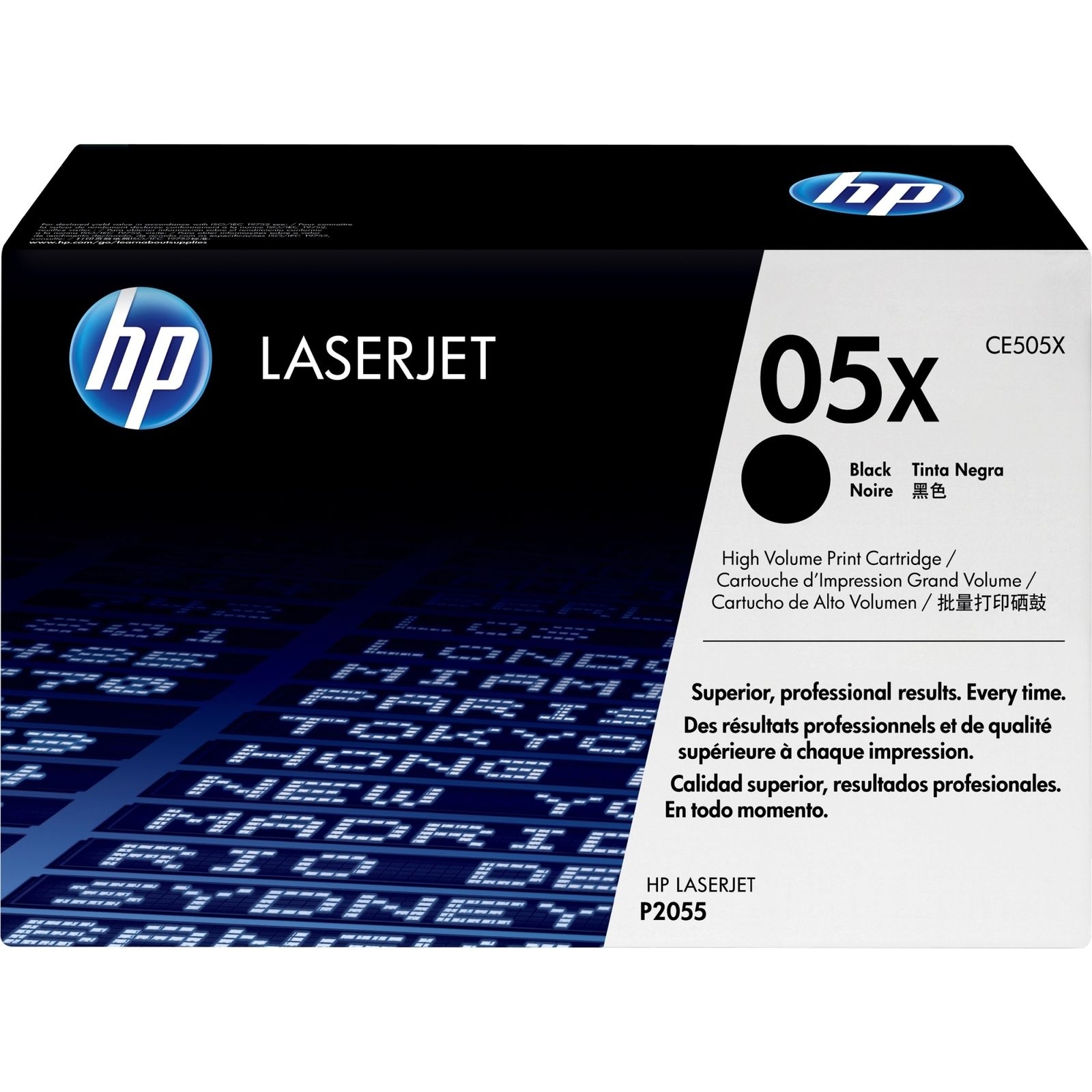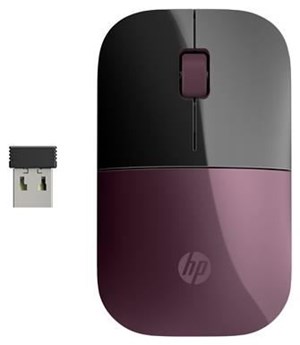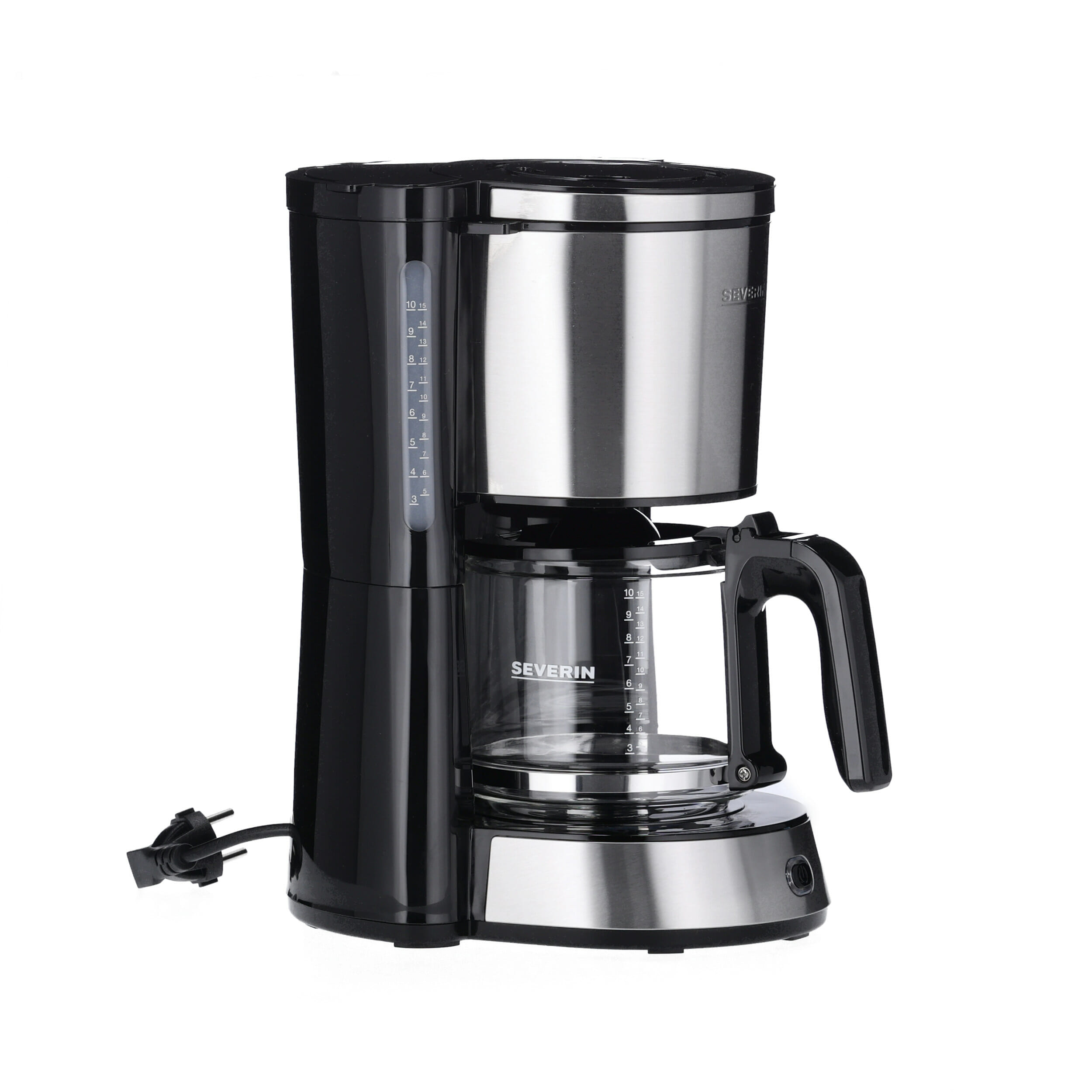
If you’re allergic to wine, you may notice that you sneeze more after drinking it. When you experience stress, your body releases hormones and chemicals, including histamine. Elevated histamine levels can result in sneezing and other allergy symptoms like hives and itchy eyes. In one 2005 Swedish study, those with asthma, bronchitis and hay fever were more apt to sneeze, get a runny nose or have “lower-airway symptoms” after a drink, especially women. It is important to know that alcohol intolerance can lead to a drop in blood pressure, which can bring on a feeling of faintness or dizziness.
Histamine intolerance
If you develop any signs of a severe reaction, you why do i sneeze after drinking alcohol should receive one or more doses of epinephrine. It’s available in preloaded syringes, known as epinephrine auto-injectors (e.g., EpiPen). If your doctor prescribes an epinephrine auto-injector, you should carry it with you at all times. Then go to your nearest emergency department for follow-up care. If they suspect you have a true allergy to alcohol or another ingredient in alcoholic beverages, they will likely conduct allergy testing.
Sometimes it’s an alcohol allergy, not alcohol intolerance
IgE is an antibody that suggests that a person may have allergies. When eating out, they should make a point of asking about ingredients to make sure they do not contain alcohol, because even a small amount can cause a reaction. The amounts of histamine vary between wines, but generally, there is more histamine in red than white wine. An alcohol allergy can occur when a person with an alcohol allergy comes into contact with alcohol, which is also known as ethanol. To make a diagnosis of allergy, a healthcare provider will first take a medical history and do a physical exam. Although an intolerance may cause similar symptoms to allergies, intolerance is not the same as an allergy.

How we reviewed this article:

Together, this interaction affects your mood, emotions and alertness. This is why when we drink, we often feel more sociable, carefree and willing to let our guard down. Dehydration and disrupted sleep play a large part in the pounding headaches and nausea many of us know too well after a big night out.
Some of the most common culprits for reactions are gluten, hops, wheat, and yeast. One of the most common forms of alcohol intolerance is sulfite intolerance. This type of allergy occurs when an individual cannot break down sulfites, which are a byproduct of fermentation and appear in wine and other alcoholic beverages. If you have a true alcohol allergy, the only way to avoid symptoms is to avoid alcohol entirely. Even a small amount of alcohol can trigger a severe reaction.
Sneezing is a symptom of many conditions, from allergies to infections. But most of the time, it just means your body is protecting itself. If sneezing interferes with your quality of life, or if you develop additional symptoms like fever, congestion or sore throat, it might be time to call your healthcare provider. People with alcohol intolerance react quickly to consuming alcohol.
- Sudden onset of symptoms may also be caused by a newly developed intolerance.
- Researchers are exploring the complex relationship between alcohol and allergic reactions.
- Mansour says that a migraine can result when your body releases histamines to deal with your alcohol intolerance.
- For that reason, the Food and Drug Administration advises against drinking when taking any medicine that includes acetaminophen.
What Is Nonallergic Rhinitis?
Others think that the light source stimulates your optic nerve, which in turn stimulates your trigeminal nerve and causes you to sneeze. This reflex is why so many people sneeze when they look at the sun. While drug addiction treatment sneezing can be inconvenient, it’s rarely a sign of a serious health condition. Oral decongestants are not usually used unless nasal antihistamines and nasal glucocorticoids haven’t worked for you.
If you’re sneezing a lot and you’re not sure why, you could have an allergy to something new in your environment. If your symptoms linger or get worse, let your healthcare provider know. A protein on the skin of a grape, mostly those in red wines, can contribute to symptoms in those who already have allergies, according to a German study.


Read the ingredient lists of foods and drinks, ask restaurant staff for information about menu items, and avoid products that contain alcohol. The histamine causes the blood cells in the nasal region to dilate, resulting in mucus, nasal congestion, sneezing, and a runny nose. However, the severity of these symptoms may vary from person to person.
What is the difference between alcohol allergy and intolerance?
Alcohol intolerance can cause immediate, uncomfortable reactions after you drink alcohol. The most common signs and symptoms are stuffy nose and skin flushing. If you’re allergic to alcohol, you may experience hives, itching, swelling, difficulty breathing, and wheezing. If you experience these symptoms after drinking alcohol, you must see a doctor as you may need to be treated for an allergy. Gas and bloating have a lot of other possible causes, though, so for a more certain diagnosis, talk to your doctor about your symptoms. In other cases, people can be intolerant to the chemicals that give alcoholic drinks their flavour and colour, not the alcohol itself.









